
- This event has passed.
Ezra Furman
February 19, 2020 @ 8:00 pm - 11:30 pm

with Kelley Stoltz
“This is our punk record,” says Ezra Furman, introducing his new album Twelve Nudes, yet another incendiary and inspiring classic from the singer/ songwriter/ guitarist / bandleader. “We made it in Oakland, quickly. We drank and smoked. Then we made the loud parts louder. I hurt my voice screaming. This was back in 2018, when things were bad in the world. The songs are naked with nothing to hide.”
Immediate proof is offered by ‘Calm Down’ (aka ‘I Should Not Be Alone’), the album’s insanely catchy opening track and lead single, bound up in a compact two minutes and 22 seconds. “’Calm Down’ is so desperate, and not what I want to say about the world,” says Furman. “I think we curate our reactions to current news because we’re overwhelmed by how bad it is, and I noticed I was suppressing how bad I truly felt. I wanted music that gave me permission to feel how it felt to live in a broken world, which punk rock does.”
Furman’s preceding album, 2018’s Transangelic Exodus, was “an angry and fearful and pent-up reaction to events too,” he recalls. “But it was a carefully written and recorded version; we took a lot of time with edits and overdubs. I knew I wanted I make this album quickly and not spend time thinking how to play the songs. Twelve Nudes is a ‘body’ more than a ‘mind’ record – more animal than intellectual, And by affirming negativity, it gives you energy, to reject stuff. There’s more space for positivity.”
Far from being defeated by a world in turmoil, Furman’s productivity has only increased the worse things have got – and he’s taken up different disciplines to boot. Between Transangelic Exodus and Twelve Nudes, the 33⅓ imprint published his deeply personal, thoughtful and incisive book on Lou Reed’s legendary 1972 album Transformer, before Furman scored the soundtrack to Netflix’s acclaimed comedy Sex Education (it aired in January 2019), which showcased the tender side of his songwriting.
But all his pent-up energy had to be channelled somewhere: hence Twelve Nudes, which Furman and band recorded in October and November 2018 before the album was mixed by the venerated producer John Congleton (Sharon van Etten, St Vincent, John Grant). Furman says the album has two spiritual heroes – the late great punk rock rocker Jay Reatard, and Canadian poet, philosopher and essayist Anne Carson. “She’s one of my top three living writers,” he says. “Anne had these visions, or meditations, to deal with the intense pain in her life, which she calls ‘nudes’, and similarly these songs are meditations on pain and recognising what’s there if you go digging around in your anger and fear and anxiety. So, my album is called Twelve Nudes.”
The positivity of negativity flows throughout the album, distinguished by sharp, lacerating observations, confessions and proclamations, with Furman the indefatigable cheerleader. “And if you’re really at the end of your rope / No you don’t take the night off / Too many demons to fight off” he wails in ‘Transition From Nowhere To Nowhere’. The song’s slower pace and becalmed verses underlines Twelve Nudes’ musical remit – less stereotypical punk than raw, raucous rock’n’roll (as Furman points out, The Ramones’ punk classicism included songs influenced by Phil Spector ballads). Check also ‘I Wanna Be Your Girlfriend’ and ‘In America’, shaped respectively by Furman’s love of ‘50s doo-wop and Springsteen, while ‘Trauma’ is molten and leaden like Black Sabbath.
But in ‘Rated R Crusaders’, ‘Thermometer’, My Teeth Hurt’ (surely the first lyrical reference to “dental insurance”) and the 58-second ‘Blown’, punk rock’s flailing energy is alive and kicking. As the pell-mell finale memorably puts it, given our increasingly moribund and morally bankrupt society, ‘What Can You Do But Rock N Roll’?
Furman has long sought out rock’n’roll as a panacea for his ills (from ‘Thermometer’: “I got the fever at a tender young age / I joined society and drank the Kool-Aid”). He now lives in Oakland but he grew up in Evanston, a northern suburb of Chicago: at school, “I’d beat myself up for not being a successful, popular kid. I’d lose my homework, get bad grades: they’d call me a space cadet.” But Green Day’s Dookie album woke him up (“the songs were all about being maladjusted, which I began wearing as a badge of honour”), and Green Day led to The Sex Pistols, “and I was never the same again.”
Fearing for her son’s well-being, his mother bought Furman a book of Dylan songs: “I then thought, I’m going to be a good songwriter.” Lou Reed was another, “devastating” discovery, and from all these influences, Furman’s frayed, emotional brew of garage-rock took shape, backed by bands variously known as the Harpoons, the Boy-Friends and, most recently, the Visions – though for Twelve Nudes, there is no band name. “Right now, I just don’t care,” he declares. “The same as I feel about what gender pronouns people use for me.”
The issue of gender arose after Furman made a splash with his 2013 album Day Of The Dog (the last album he made this quickly, he says). Finally vindicated and verified, he started to publicly dress on the outside what he had been increasing feeling on the inside, with more frankness in his lyrics about sexuality and gender (he calls Twelve Nudes, like Transangelic Exodus, “a spiritually queer record”).
The teen angst he’d experienced, from identity crisis to buried feelings, made Furman the ideal candidate to soundtrack Sex Education, mixing older tracks with new (‘Coming Clean’, ‘Every Feeling’ and a cover of ‘Origin Of Love’ from the musical Hedwig & The Angry Inch. Ezra and band also appeared in one episode, at a school dance).
“This record is political,” says Furman, “but it offers an emotional reaction rather than being specific or partisan.” Furman’s Jewish identity shapes ‘Rated R Crusaders,’ triggered by the Israel/Palestine conflict and its complex web of refugee trauma. ‘Trauma’, meanwhile, seethes with the spiritual malaise brought on by watching wealthy bullies accused of sexual assault rise to power. America, Furman well knows, is balanced on a knife-edge between white male supremacy and the dream of universal opportunity; hence the references to Mexico, slave–owners and US ‘founding father’ Ben Franklin in ‘In America’. As Furman sings, reiterating the spirit of punk rock, and positivity, “Put it all in a two-minute pop song / A really-mean-it-a-lot song for America.”
“One of my goals in making music is to make the world seem bigger, and life seem larger,” he concludes. “I want to be a force that tries to revive the human spirit rather than crush it, to open possibilities rather than close them down. Sometimes a passionate negativity is the best way to do that.”
Or, in the words of the fantastic, rousing ‘Evening Prayer’ (aka ‘Justice’): “If you’ve got the taste for transcendence / Then translate your love into action / And participate in the fight now / For a creed you can truly believe.”




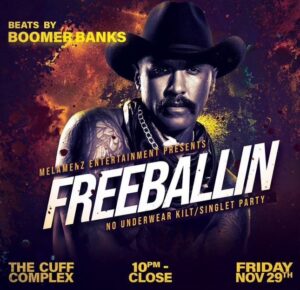
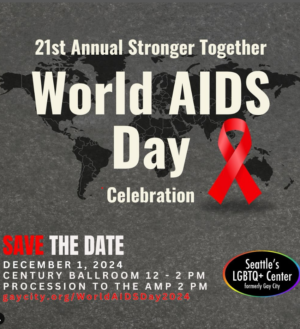
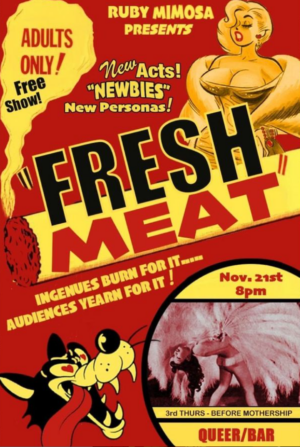



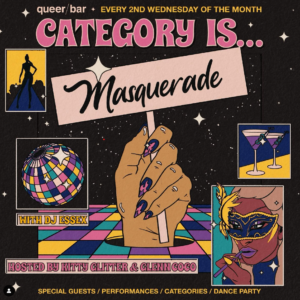

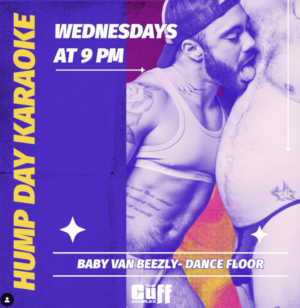
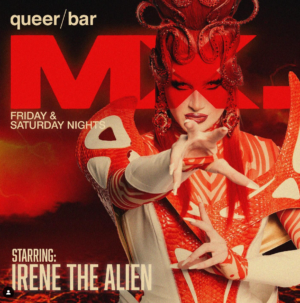
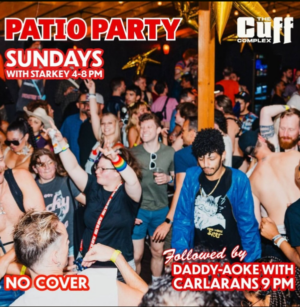
Leave a Reply